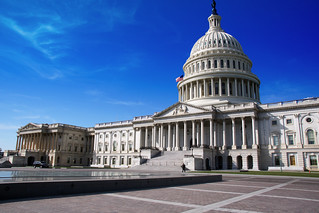
Over the course of this legislative session, many states passed minimum-wage increases, supposedly to help low-income workers. An article from National Conference of State Legislatures (NCSL) reported that 10 states increased their minimum wages due to prior legislation, and that Illinois, Maryland, New Jersey, and New Mexico all plan to hike their minimum wages to $15, $15, $15, and $12, respectively.
However, minimum wage increases harm-low income workers more than they help. New York and Seattle are two key case-studies that illustrate the harm of a $15 minimum-wage.
An article from Reason reports that New York City’s minimum-wage increase forced 75 percent of restaurants to cut employee hours, and nearly 50 percent to eliminate jobs entirely. On top of that there is a dramatic cost increase for menu items, which makes consumption less affordable for low-income residents.
The state’s largest metro area is not the only region to enact the policy, as the state of New York also passed legislation to increase the minimum wage. To nobody’s surprise, the Empire Center found that many more jobs will be lost throughout the Empire state.
Seattle’s minimum-wage hike actually hurt take-home pay. The University of Washington conducted a study which concluded that minimum-wage workers earned less take-home pay on average in Seattle, due to a decline in hours. A Subway manager in Seattle, Heidi Mann, explained in an article for Minimum Wage, “After Seattle implemented a $15 minimum wage, my business went from having seven employees to three.” The manager further elaborated, “Now, we’re faced with the very real prospect of closing.”
Maryland, New Jersey, Illinois, and New Mexico which all passed radical wage hikes can expect to see similarly poor results.
It’s not all bad though. Delaware nearly passed a $15 minimum wage proposal, but the bill did not make it through both chambers of the state’s legislature before the session ended on June 30th. In the article, State Sen. Bryan Townsend (D) commented, “There is a fiscal note attached to the bill because its financial impact to the state was not factored in when we debated the bill.”
Some states are fighting back. In March, North Dakota approved House Bill 1193, which prohibits local governments from increasing the minimum wage above the state’s current rate ($7.25).
Louisiana lawmakers also rejected a minimum wage hike during this legislative session.
Lawmakers in Louisiana and North Dakota both demonstrated their commitment to the minimum-wage constituents of their states, which will allow them to work more hours, have more jobs, and face lower costs for consumer goods.

